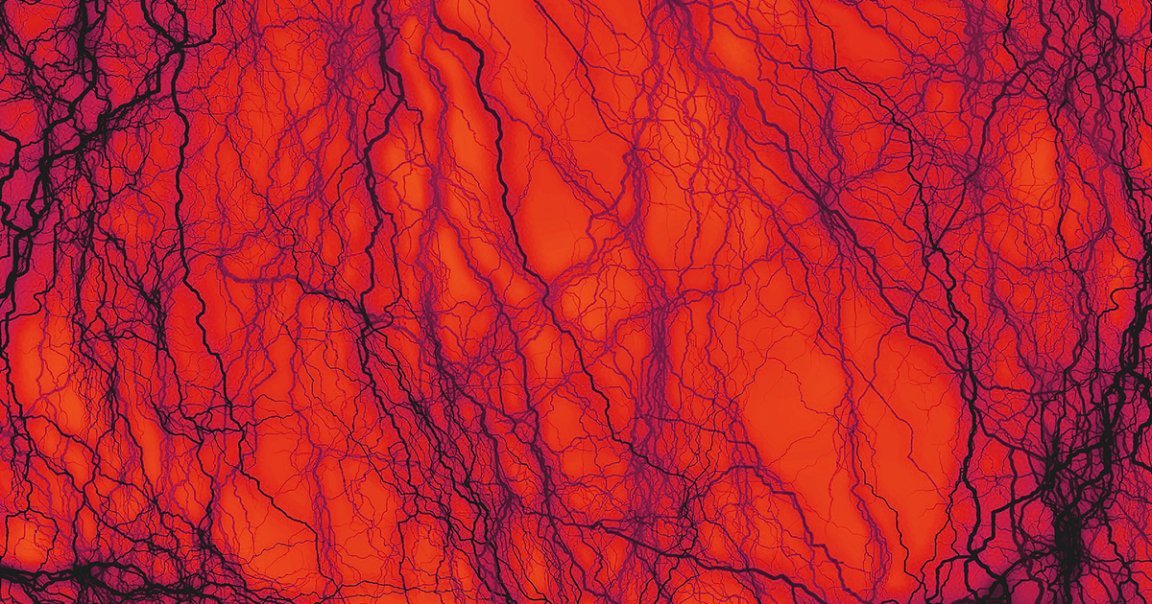
Damage Control
Today, doctors have just a few options for replacing a person’s damaged blood vessels, none of which are ideal. They can harvest blood vessels from a donor, but the recipient’s body might reject them, and if they choose to use synthetic vessels, they have to deal with the increased risk of infection or inflammation.
Four years ago, a team of researchers launched a phase 2 clinical trial to test out a futuristic solution: growing artificial blood vessels from the cells of deceased donors.
And they’re now ready to share the promising results of that study with the world.
Life and Death
To create the artificial blood vessels, researchers from Yale University, Duke University, and biotech company Humacyte started by harvesting samples of blood vessel muscle and endothelial cells from cadavers.
Then they lined a biodegradable polymer tube with the cells and let them grow for eight weeks, during which time the polymer tube broke down. After that, the scientists removed the cadaver cells, leaving behind a blood vessel scaffold comprising the proteins that support our body’s natural ones.
“The removal of the cells is important so that the vessels can be manufactured in large batches and stored on the shelf in operating rooms for implantation into any patient,” Humacyte COO Heather Prichard told Discover Magazine.
Blood Test
For the trial, the details of which the researchers shared in the journal Science Translational Medicine on Wednesday, the team implanted these blood vessels into 60 patients experiencing end-stage kidney failure.
Once implanted, the patients’ own cells began growing around the artificial vessels, forming living vascular tissue. Essentially, the artificial blood vessels took on all the characteristics of the vessels the patients were born with — without subjecting them to the same risks as the alternative options.
Now that the researchers know their artificial blood vessels function as hoped, there’s a chance the cadaver-assisted creations could one day become the go-to option for doctors dealing with damaged vessels.
“As a regenerative medicine product, we’re excited to see evidence of functional tissue recellularization in actual patients, which may have the potential to enhance long term efficacy and safety,” Prichard told Discover.
READ MORE: Engineered Vessels Evolve into Living Tissue [Yale University]
More on blood vessels: We Can Now Grow Perfect Human Blood Vessels in a Lab